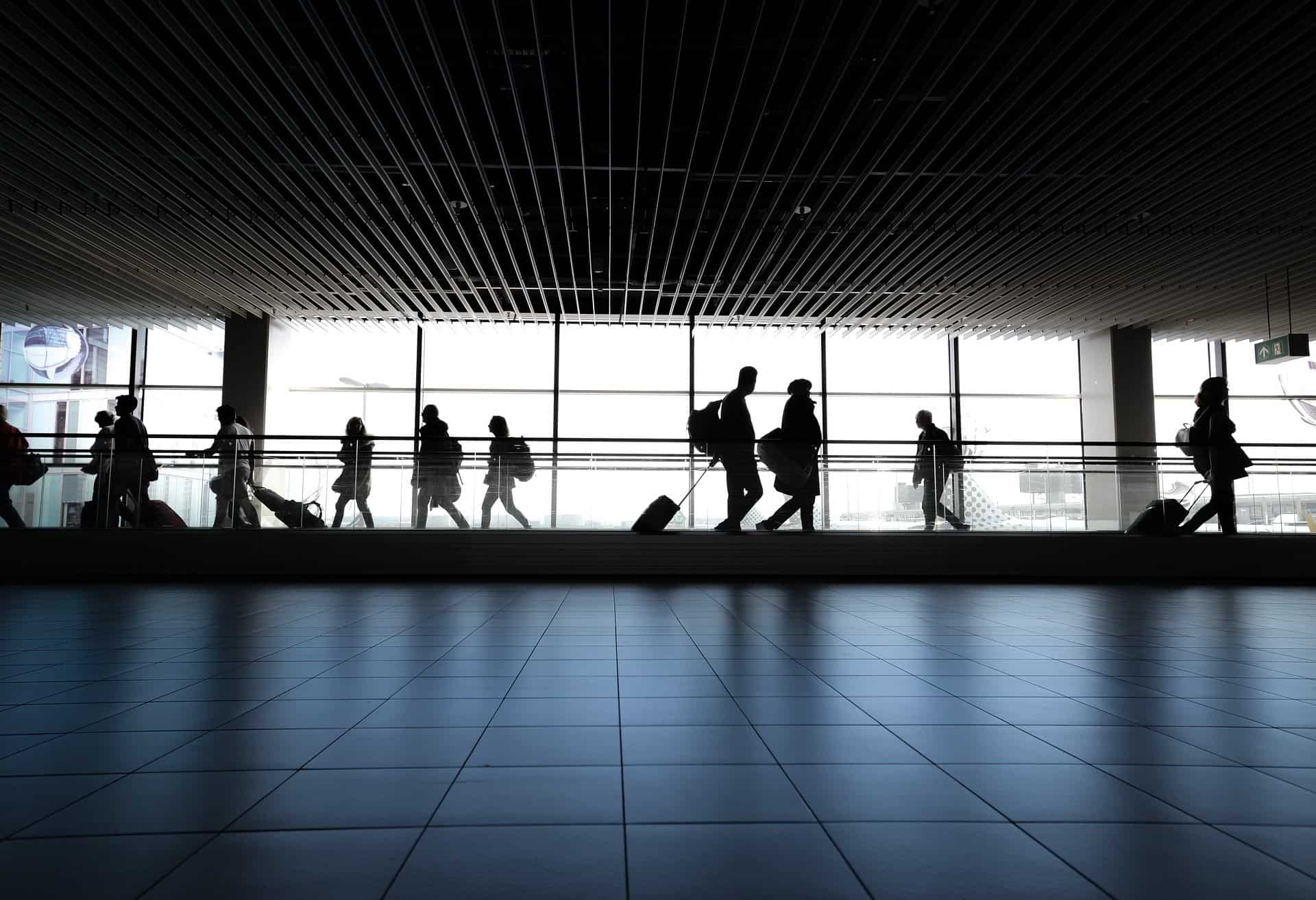The International Air Transport Association (IATA) announced strengthened profitability projections for airlines in 2024 compared with its June and December 2023 forecasts. An aggregate return above the cost of capital, however, continues to elude the global airline industry.
Net profits are expected to reach $30.5 billion in 2024. That will be an improvement on 2023 net profits estimated to be $27.4 billion. It is also an improvement on the $25.7 billion (2.7% net profit margin) forecast for 2024 profits that IATA released in December 2023. Operating profits are expected to reach $59.9 billion in 2024, up from an estimated $52.2 billion in 2023.
Total revenues are expected to reach $996 billion (+9.7%) in 2024, countered by total expenses expected to reach $936 billion (+9.4%) in 2024, both record highs. Passenger revenues are expected to reach $744 billion, up 15.2% from $646 billion in 2023.
Total travelers are expected to reach 4.96 billion in 2024, also a new milestone.
Total air cargo volumes are expected to reach 62 million tons in 2024.
“The global economy counts on air cargo to deliver the $8.3 trillion of trade that gets to customers by air. Strengthening airline profitability and growing financial resilience is important. Profitability enables investments in products to meet the needs of our customers and in the sustainability solutions we will need to achieve net zero carbon emissions by 2050,” Willie Walsh, IATA’s Director General, said.
“The airline industry is on the path to sustainable profits, but there is a big gap still to cover. A 5.7% return on invested capital is well below the cost of capital, which is over 9%. And earning just $6.14 per passenger is an indication of just how thin our profits are—barely enough for a coffee in many parts of the world. To improve profitability, resolving supply chain issues is of critical importance so we can deploy fleets efficiently to meet demand.,” Walsh added.
Airlines eye ‘new frontier’ of AI
Airlines may not replace pilots with artificial intelligence anytime soon, but aviation industry experts say the new technology is already revolutionizing how they do business.
“Data and AI are fantastic levers for the aviation sector,” said Julie Pozzi, the head of data science and AI at Air France-KLM, ahead of the 80th meeting of IATA in Dubai.
Aviation companies see AI as the newest way to boost productivity and gain a competitive edge.
AI is “undoubtedly a new frontier, in that it’s an extraordinary acceleration of technology and capabilities,” said Geoffrey Weston, the head consultant on the airline industry at US-based firm Bain & Company.
“When you have a lot of uncertainty… what AI is really helpful for is to hugely accelerate getting the right information to the right people as quickly as possible,” he said.
Air France-KLM is doing this, with “more than 40 projects using generative artificial intelligence”, which like the now-famous ChatGPT is meant to improve as it is being used.
Among the French-Dutch company’s plans is a tool that responds to customers in 85 different languages to be installed on the tablets of Air France agents, and is scheduled for use in 2025 at Paris Charles de Gaulle airport.
‘Assisted intelligence
The airport’s operator, Groupe ADP, has also launched several AI initiatives in cooperation with startups — including Allobrain, which uses voice recognition to answer phone calls to the airport.
It has reduced “the number of unanswered phone calls from 50 percent to 10 percent,” said Alban Negret, the head of ADP’s innovation division.
The airport operator hopes to streamline drop-off areas and shuttle rotations through the help of another subcontractor, Wintics, which specialises in extracting data from real-time surveillance images.
As air travel grows, reducing wait times is one of the industry’s important challenges, according aerospace expert Jerome Bouchard.
“We have more and more passengers in increasingly constrained spaces, and we are still travelling as we did in the 1970s,” said the consultant for Oliver Wyman’s Transportation and Services practice.
“There is room for improvement,” he added, referring to the potential of using facial recognition at airport security.
Modern aircraft, with their sophisticated self-diagnostic and control systems, are data factories that can be leveraged with AI, the experts say.
But when it comes to actually piloting the aircraft, they say there is no question about leaving it to algorithms.
In the end, “it is up to humans to take responsibility for decision-making,” Thales CEO Patrice Caine said in March.
“Rather than artificial intelligence, I would speak of assisted intelligence, an intelligence that assists humans.”








